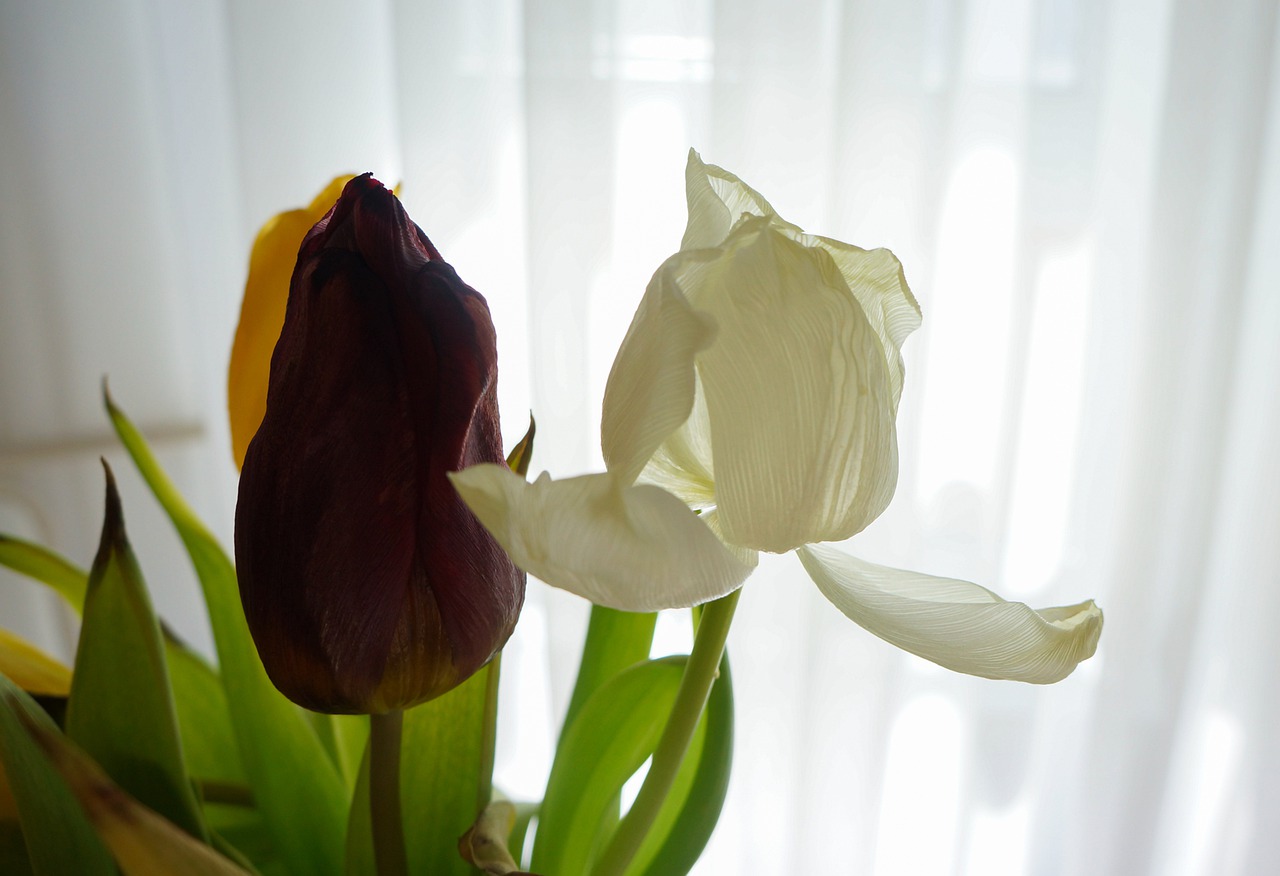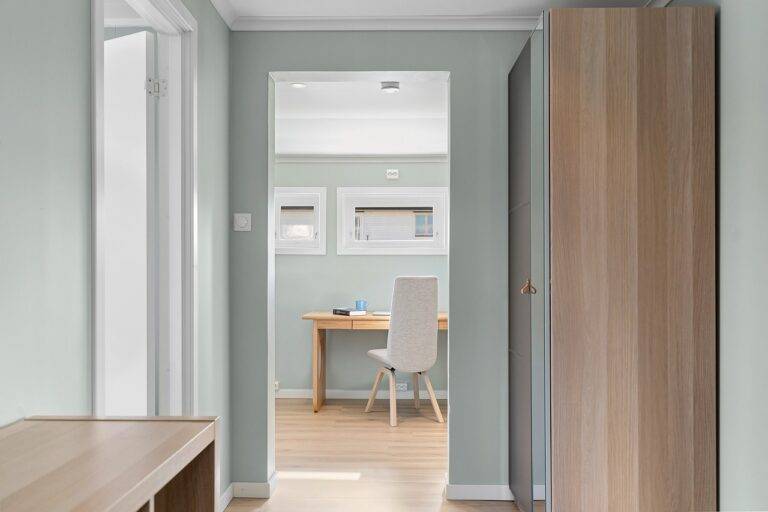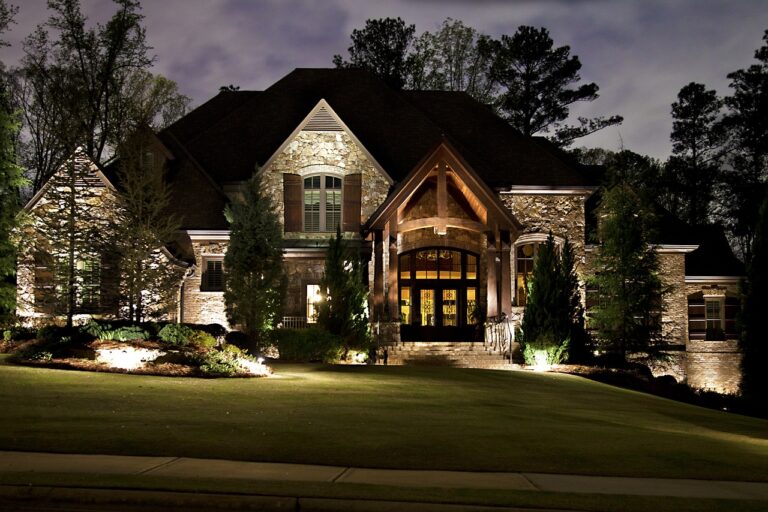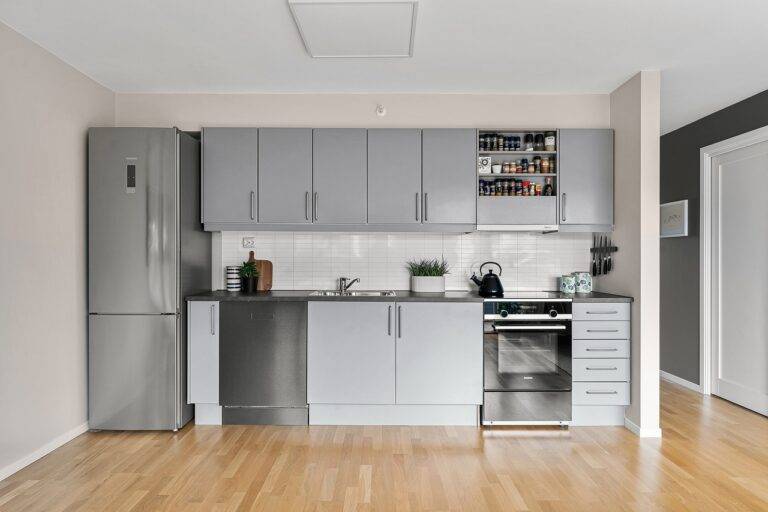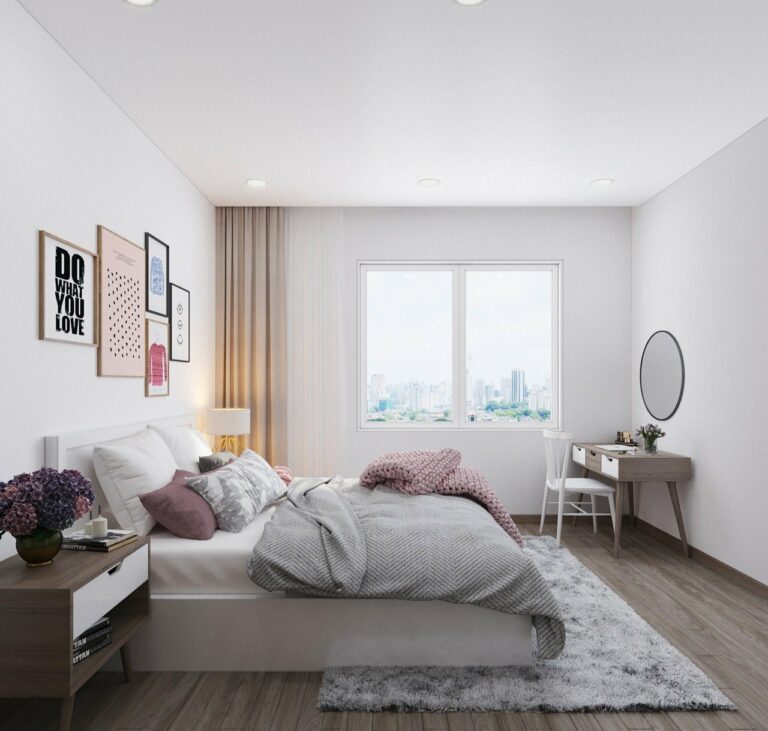How Ventilation Affects Home Heating and Cooling: Cricbet 99, Sky1exchange.con, Reddy anna online book number
cricbet 99, sky1exchange.con, reddy anna online book number: Ventilation is a critical aspect of maintaining a comfortable and energy-efficient home. It plays a significant role in how your heating and cooling systems operate, impacting not only your comfort but also your energy bills. Let’s dive into how ventilation affects home heating and cooling so you can optimize your home’s efficiency.
What is Ventilation?
Before we explore how ventilation affects heating and cooling, let’s define what ventilation is. Ventilation is the process of ensuring that air circulates properly throughout your home. It involves bringing fresh air into your living spaces while expelling stale air and pollutants. Proper ventilation helps maintain indoor air quality and temperature levels, ensuring a healthy and comfortable environment.
Ventilation and Heating
During the cold winter months, ventilation can impact how well your heating system performs. Proper ventilation helps distribute warm air evenly throughout your home, preventing cold spots and ensuring consistent indoor temperatures. Conversely, inadequate ventilation can lead to uneven heating, resulting in certain areas feeling much colder than others. This can cause your heating system to work harder to maintain a comfortable temperature, leading to increased energy consumption and higher utility bills.
Additionally, proper ventilation can help reduce condensation and moisture buildup in your home, which can lead to mold growth and other issues. By allowing moisture to escape, ventilation helps maintain a dry and healthy indoor environment during the heating season.
Ventilation and Cooling
In the summer months, ventilation is equally essential for maintaining a comfortable indoor temperature. Proper ventilation helps remove hot air from your living spaces, allowing cooler air to circulate effectively. This can reduce the need for air conditioning and help lower your cooling costs.
During the summer, ventilation also helps remove indoor pollutants and odors, improving indoor air quality. By allowing fresh air to circulate, ventilation can create a more comfortable and healthy living environment.
FAQs
Q: How can I improve ventilation in my home?
A: There are several ways to improve ventilation in your home, including installing exhaust fans in bathrooms and kitchens, opening windows when weather permits, and using ceiling fans to promote air circulation.
Q: Can poor ventilation impact my health?
A: Yes, poor ventilation can lead to indoor air quality issues, which can affect your health. It can cause respiratory problems, allergies, and other health issues. Proper ventilation is essential for maintaining a healthy indoor environment.
Q: Should I leave my windows open during the winter?
A: While it’s essential to ventilate your home, leaving windows open during the winter can lead to heat loss and higher energy consumption. Instead, consider using ventilation systems that allow fresh air to enter your home while conserving heat.
In conclusion, ventilation plays a crucial role in how your home heating and cooling systems operate. By ensuring proper ventilation, you can maintain a comfortable and energy-efficient indoor environment. Be mindful of ventilation in your home to optimize your heating and cooling systems and save on utility bills.

